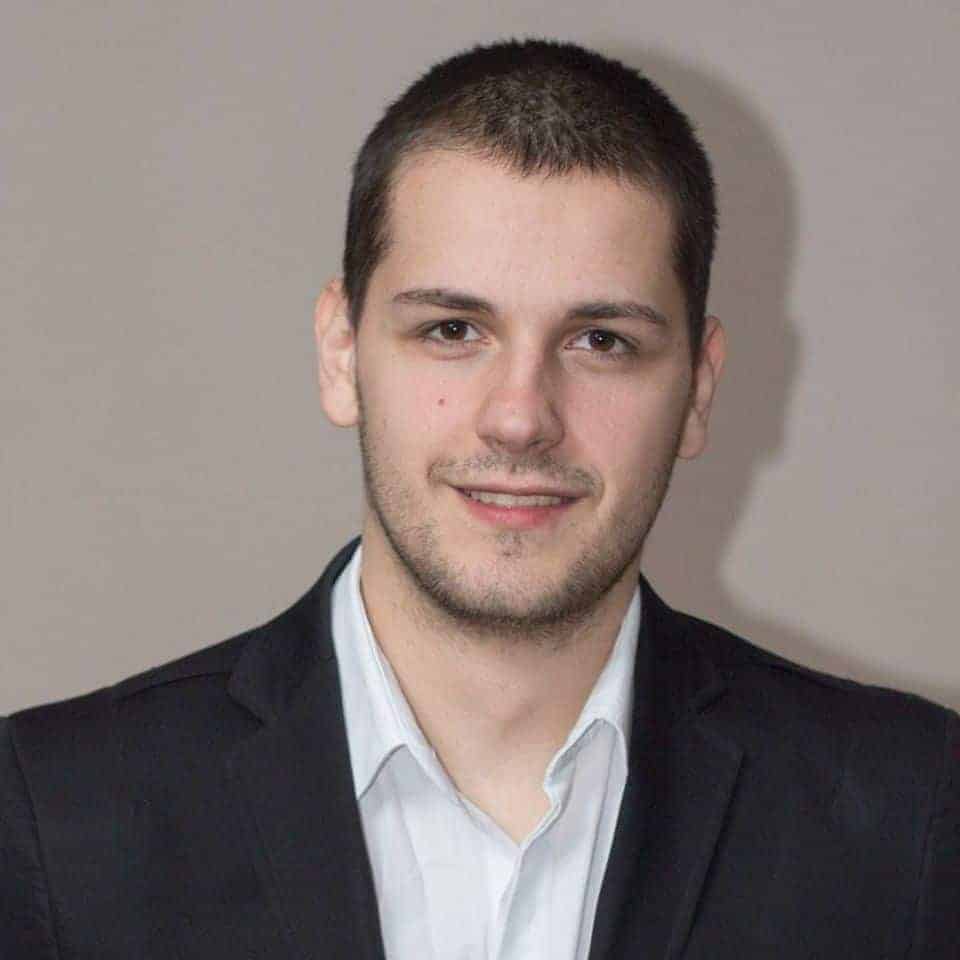
When did you first know that being a Spiritual Director was your calling and how did it come about?
It has taken many years for me to know at a deep level that spiritual direction is my calling. Rather than pinpointing a moment in time, my calling has been clarified (and continues to be clarified) through a series of confirming experiences. Most often the confirmation comes when I meet with a directee; I find myself captivated by listening to their story and discovering God/Spirit’s work in the daily or the ordinary. Spiritual direction is a practice of humility, so it feels natural that we continue to need confirmation of our calling from time to time. I find that my community of spiritual directors also offers a powerful source of this confirmation from time to time.
What services do you offer?
The primary service I offer is one-on-one spiritual direction. I also offer group spiritual direction for those who are interested in being among a group of seekers. Additionally, I helping to facilitate conversations around spirituality with others in my generation of millennials.
How would you describe Spiritual Direction?
Spiritual direction (one-on-one) is a three-legged stool. There is the spiritual director, the directee, and God/Spirit, and the three are in conversation with each other. Practically speaking, the directee does most of the talking. As a director, I come prepared to listen contemplatively and compassionately with an ear to God/Spirit’s movement in a directee’s life. I hold a space of warmth, love, and gentleness to welcome all parts of a person and their experience. Spiritual direction is a place to safely go deeper within oneself, which means there is no room for judgment or evaluation.
What can a person expect from it?
If a person pursues spiritual direction with me, they can expect to meet with me once a month. I often open with a reflective reading and a prayer, and the rest of the time belongs to the directee to talk about whatever is on their heart or mind. Maybe what a directee wants to talk about feels “un-spiritual.” That’s the perfect place to start because our spirituality happens in the context of our everyday lives. Whatever has the most energy, let’s start there.
The other thing a directee can expect is that it will take some time to get to know each other and to notice the effect spiritual direction is having in one’s life. So, I always encourage folks to give it at least 6 months to a year.
What is the most important detail in maintaining a relationship of mutual trust with clients?
I believe maintaining an environment of welcome, softness and non-judgment is essential to maintaining a relationship of mutual trust. It helps set our time together apart from everyday life with all its pressures, competition and demands. In turn, enough safety is fostered so that we can be open and vulnerable together, which is what this work requires. Spiritual direction requires mutual openness and vulnerability. It also is important for the directee to know that our meetings and our relationship are confidential.
What do you love most about your profession?
It is a great joy for me to walk alongside someone and bear witness to their life. Spiritual direction is a practice of honesty and authenticity, and I love to be in that together with others. Most of all, I appreciate the opportunity to remind someone that they do not journey alone, and they are loved. We all need that so much.



